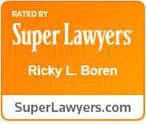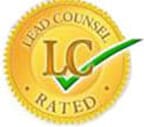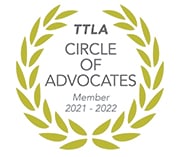After you get into a serious motor vehicle collision, you likely anticipate that insurance will cover your losses. From the medical expenses related to the injuries to your lost wages at work, there are many negative financial consequences associated with motor vehicle crashes.
Carrying insurance is a legal requirement, but many people would carry insurance to protect themselves even if it were not an obligation under Tennessee law. You probably think of your insurance company as a friend. After all, big insurance companies go out of their way to represent themselves as looking out for their clients in their commercials and marketing efforts.
Unfortunately, as far too many people learn, insurance companies aren’t as worried about clients as they are about their profits.
Be very careful what you say to either insurance company after a crash
Typically, the police report will contain most of the information necessary for the insurance company to process a claim. The only real exception to that rule is when the police report is inaccurate or incomplete. Evidence you have, such as images or even dash cam video, can help you prove your version of events, but even then, you could be at risk from dubious actions by the insurance company.
In order to reduce their liability, many insurance companies will attempt to prove that both drivers were partially responsible for a crash. Doing so may limit how much the insurance company has to pay out. Comparative liability is the term used to describe partial responsibility. The company may seek to assign some of the responsibility for the crash to you despite evidence showing it wasn’t your fault.
Even when the police report makes it clear that one person’s mistakes definitely led to the crash, insurance investigators may intentionally ask leading questions in the hope of getting someone to implicate themselves. Anything from offering an apology to accepting that any of their own actions might have contributed to the crash may be enough for an insurance company to reduce what they offer a person seeking compensation.
Insurance companies may offer offensively low settlements initially
Not being able to work after a crash means that you probably have some real financial issues to deal with. Your insurance company or the company representing the other driver likely knows that you are struggling financially.
Issues with income are common after major collisions. The company may attempt to take advantage of your situation by offering you a low settlement up front. In your desperation to cover expenses, you might jump at the chance to receive money from the insurance company. The amount they pay may be substantially less than your claim is actually worth.
Before you communicate with your insurance company or accept the claim, you want to talk to an attorney who understands the law about insurance and liability after a crash in Tennessee.














